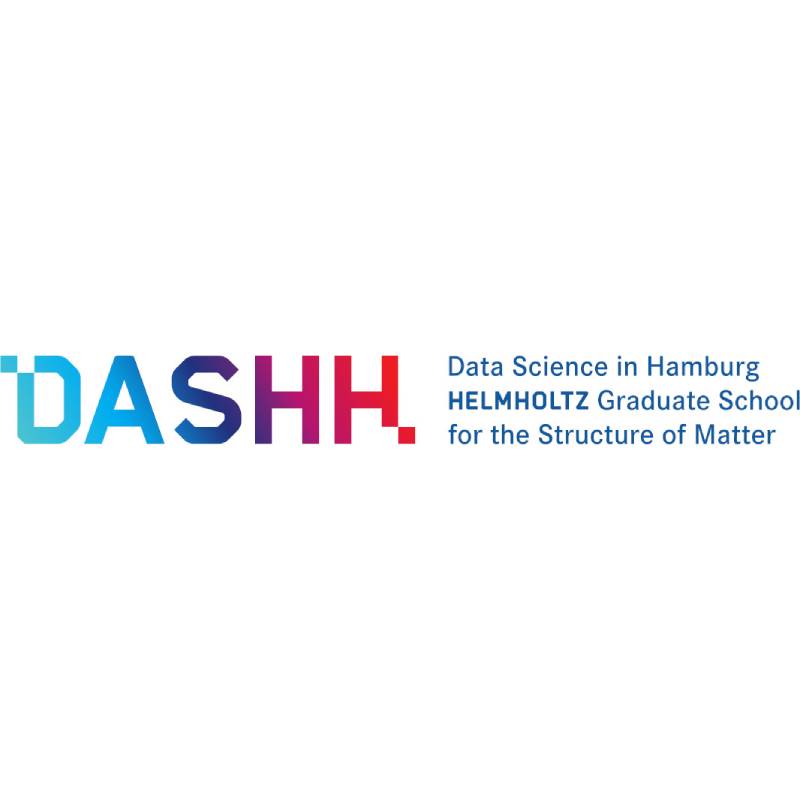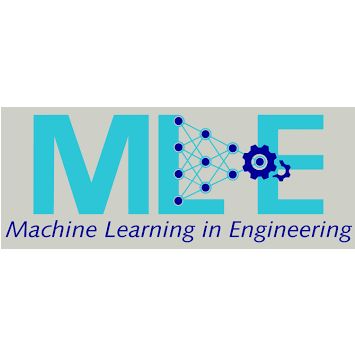Thursday, January 30th, 2025 | 10:00-12:30 a.m.
Im Fokus der Veranstaltung stehen die besonderen Anforderungen einzelner Disziplinen und Fächer an den Einsatz von KI in der Lehre sowie die Entwicklung fachspezifischer KI-Kompetenzen. Impulsvorträge aus den Sozial-, Ingenieur- und Geisteswissenschaften beleuchten Einsatzmöglichkeiten von KI im jeweiligen Studienbereich, diskutieren fachspezifisch relevante KI-Kompetenzen und zeigen konkrete Anwendungsbeispiele auf.
Prof. Dr. Anna-Sophia Schwind (RWU Ravensburg-Weingarten) & Markus Rossa (Universität Ulm) stellen einen Ansatz zur Integration von VR und KI in der psychologischen Gesprächsführung vor. Johannes Schleiß (Otto-von-Guericke-Universität Magdeburg) diskutiert KI-Kompetenzen in den Ingenieur-wissenschaften. Dr. Markus Gottschling (Universität Tübingen) reflektiert Lehrerfahrungen und Forschungsergebnisse zum Einsatz von KI in der Literaturwissenschaft und Rhetorik.
In der anschließenden Podiumsdiskussion diskutieren die Referent*innen mit Dr. Angelika Thielsch (Universität Göttingen) und David Lohner (Karlsruher Institut für Technologie) über interdisziplinäre Transferpotenziale und Herausforderungen im Umgang mit KI in der Hochschullehre. Die Veranstaltung wird moderiert von Dr. Isabell Lisberg-Haag.
Die Veranstaltung bietet allen Interessierten die Möglichkeit, sich über aktuelle Forschungsergebnisse zum Umgang mit KI in einzelnen Studienbereichen zu informieren, von Good-Practices aus verschiedenen Fachdisziplinen zu lernen sowie sich mit Expert*innen auszutauschen und neue Kontakte zu knüpfen
Die Teilnahme ist kostenfrei. Eine Anmeldung bis 24.01.2025 ist erforderlich.
Institution
- Multimedia Kontor Hamburg gGmbH
- Hochschulnetzwerk Digitalisierung der Lehre Baden-Württemberg (HND-BW)
- ELAN e.V.
- Virtuelle Hochschule Bayern (vhb)
- VCRP






